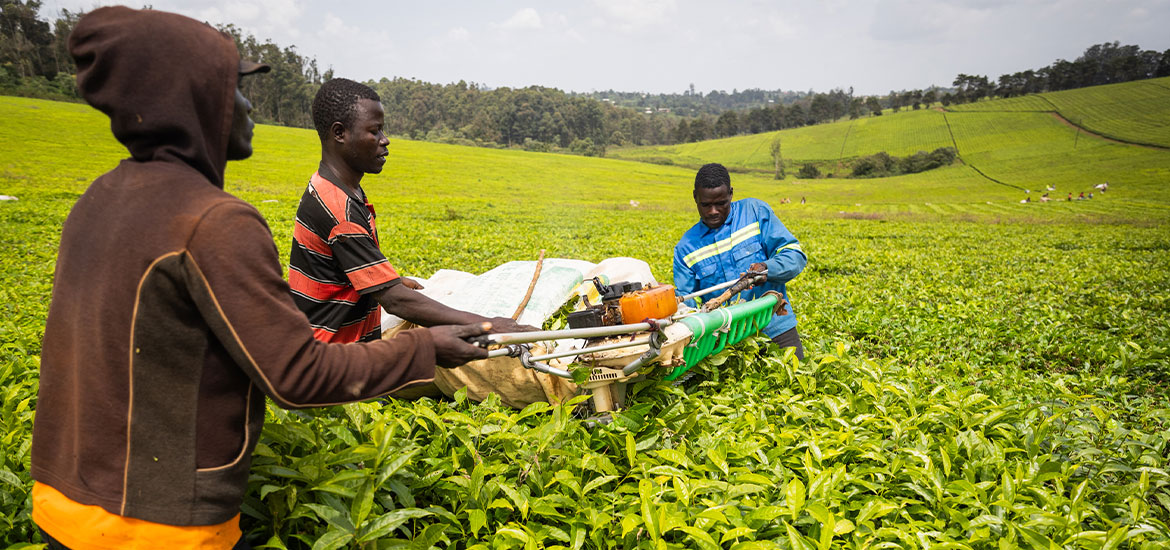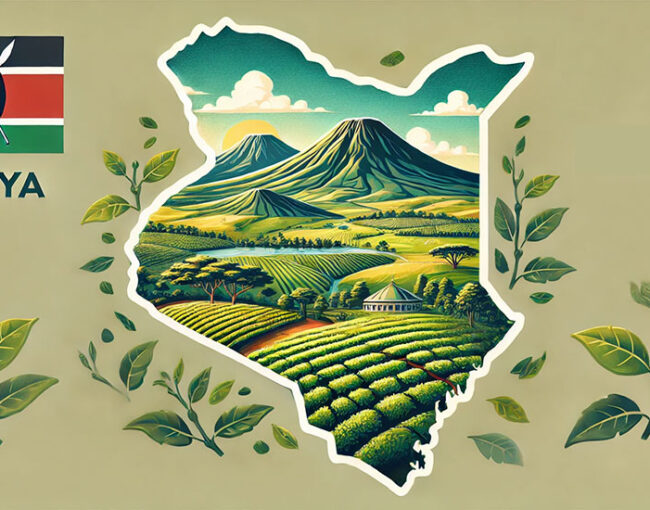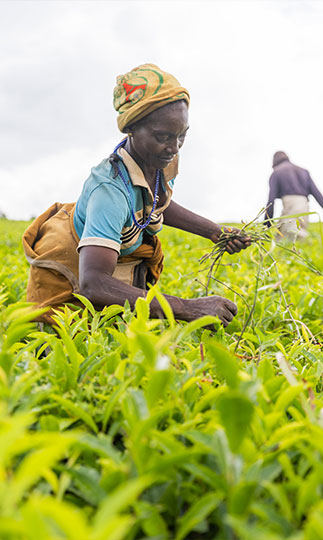Introduction
Nestled in the heart of East Africa, Kenya is celebrated for its breathtaking landscapes and, perhaps most notably, its world-renowned tea. The tea export industry has long stood as a pillar of Kenya’s economy, supporting the livelihoods of thousands of farmers and contributing significantly to national revenue. However, the industry has had to navigate a series of challenges and celebrate numerous triumphs on its journey. This article explores the complexities of Kenya’s tea export industry, examining the obstacles it faces—from climate change to market competition—while also highlighting the innovative strategies and success stories that continue to shape its path forward.
The Essence of Kenyan Tea
A Glimpse into the Tea Legacy
Kenya’s relationship with tea dates back to the early 20th century, when British settlers introduced tea cultivation to the fertile highlands of the country. Over the decades, this initial foray into tea farming grew into a thriving industry that has become a cornerstone of Kenya’s agricultural sector and a significant contributor to its Gross Domestic Product (GDP).
The Global Impact
Today, Kenya stands as the world’s leading exporter of black tea, with its products enjoyed in over 140 countries. Kenyan tea is renowned for its strong, robust flavor and is a key component in many popular tea blends worldwide. The growing global demand for Kenyan tea has positioned the nation as an indispensable player in the international tea market, bolstering its economy and placing Kenyan tea in high regard on the world stage.
Challenges Faced by Kenyan Tea Exporters
Climate Change: An Unpredictable Foe
Climate change remains one of the most pressing challenges faced by the Kenyan tea industry. Erratic weather patterns, prolonged droughts, and unpredictable rainfall significantly impact tea yields, affecting both the quantity and quality of production. The increased frequency of extreme weather events has made it difficult for tea farmers to maintain consistent output, forcing many to adapt by adopting new, sustainable farming practices.
Market Competition: A Double-Edged Sword
Despite high global demand for Kenyan tea, the industry faces fierce competition from other major tea-producing nations such as India, Sri Lanka, and China. These countries have established themselves as formidable competitors, offering a wide variety of teas at competitive prices. To maintain its market share, Kenya must constantly innovate, improve quality, and enhance its value proposition. This competition serves as both a challenge and a motivator for Kenyan tea producers to push boundaries and differentiate themselves in the global market.
Changing Consumer Preferences: The Health Revolution
The rising trend towards health and wellness has shifted consumer preferences, with many opting for herbal and specialty teas over traditional black tea. This evolution in consumer tastes presents a challenge for Kenya’s tea industry, which has historically focused on black tea production. To stay relevant, Kenyan producers have had to diversify their offerings, introducing green teas, herbal infusions, and other specialty products that align with contemporary consumer demands.
Innovative Strategies and Success Stories
Sustainable Farming Practices
In response to the challenges posed by climate change, Kenyan tea exporters have embraced sustainable farming practices to ensure the longevity of the industry. Techniques such as rainwater harvesting, organic farming, and reforestation efforts are being implemented across tea-growing regions. These sustainable methods not only help mitigate the effects of climate change but also improve the resilience of tea farmers, ensuring that tea production remains viable for future generations.
Value Addition and Product Diversification
To meet the evolving demands of health-conscious consumers, Kenyan tea producers have expanded their product offerings beyond traditional black tea. By diversifying into specialty teas—such as green tea, white tea, and herbal infusions—Kenyan exporters are tapping into new markets and adding value to their products. These value-added offerings have opened up new revenue streams, allowing Kenyan tea to command higher prices and attract a broader consumer base.
E-Auctions: The Digital Revolution
Another major success story in the Kenyan tea industry is the adoption of e-auctions. Traditionally, Kenyan tea was sold through physical auctions, which were often time-consuming and susceptible to inefficiencies. The introduction of digital auctions has revolutionized the way tea is sold, enhancing transparency, reducing delays, and increasing competitiveness. This move towards digitization has made the auction process more accessible and efficient, benefiting both buyers and sellers and positioning Kenyan tea as a leader in embracing technological advancements.
Conclusion
Kenya’s tea export industry is a testament to resilience and adaptability. Despite the significant challenges posed by climate change, shifting consumer preferences, and intense market competition, the industry continues to thrive through innovation and sustainable practices. By embracing change, adopting new technologies, and diversifying their offerings, Kenyan tea producers have not only weathered the storms but have also positioned themselves for a promising future. As global demand for tea continues to grow, Kenya remains at the forefront, providing a product that is not only rich in flavor but also steeped in tradition and resilience.
FAQs
- Is Kenyan tea only known for its black tea?
No, Kenyan tea exporters have diversified their offerings to include green tea, white tea, and herbal infusions to cater to changing consumer preferences. - How is climate change affecting Kenyan tea production?
Climate change has caused erratic weather patterns, prolonged droughts, and unpredictable rainfall, all of which impact tea yields and quality. Farmers are adopting sustainable practices to adapt to these challenges. - What innovative strategies have Kenyan tea exporters adopted?
Kenyan tea exporters have embraced sustainable farming methods, diversified into specialty teas, and adopted digital auctions to enhance efficiency and competitiveness in the market. - What is the global demand for Kenyan tea?
Kenyan tea is enjoyed in over 140 countries, making it a significant player in the international tea market.




